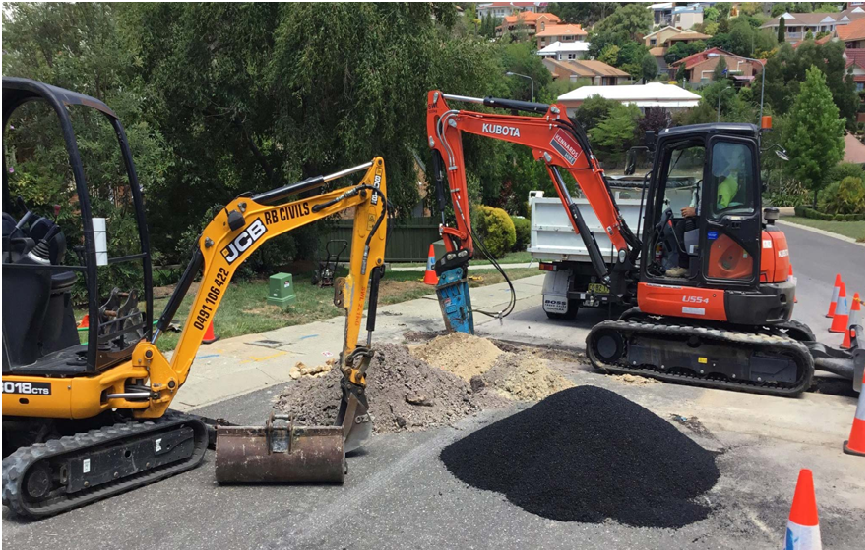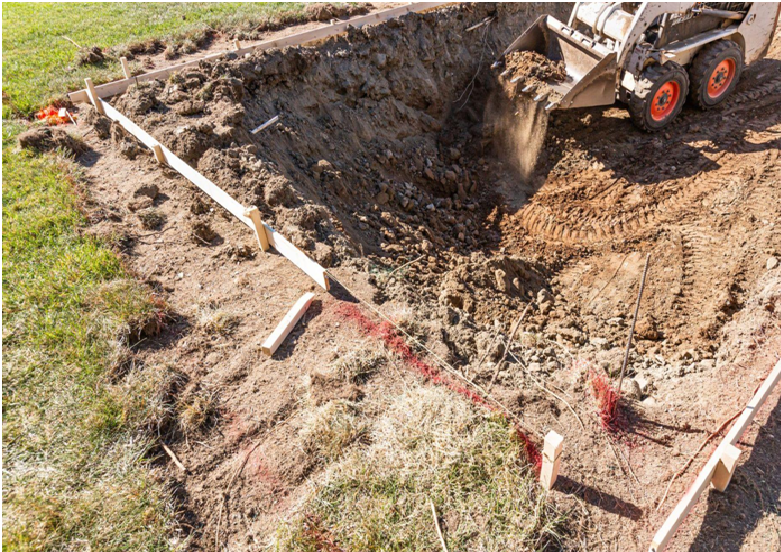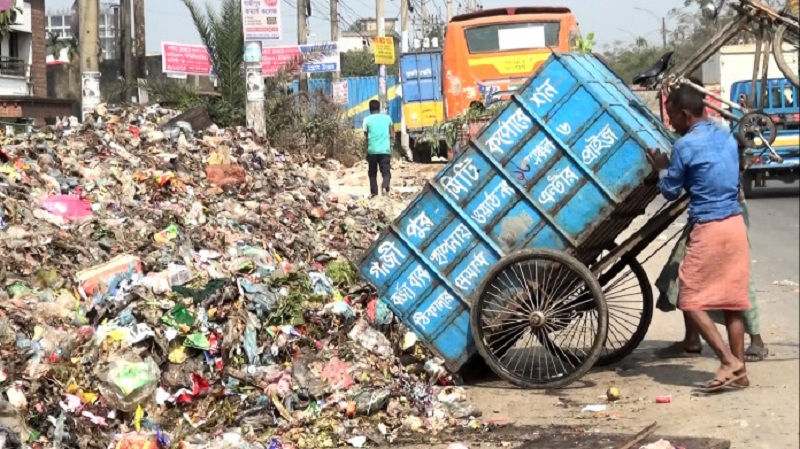Introduction
Excavation services play a pivotal role in various construction projects, ranging from residential developments to large-scale infrastructure undertakings. In the vibrant city of Wollongong, situated on the stunning coastline of New South Wales, Australia, excavation services are in high demand due to the region’s burgeoning construction industry. This comprehensive guide delves into the realm of excavation Wollongong, exploring its significance, methods, challenges, and the key players shaping the landscape.
Understanding Excavation
Excavation Defined
Excavation is the process of digging, moving, and removing earth, rock, or other materials from a site to create space for construction or geological exploration. In Wollongong, where urban development intertwines with the natural terrain, excavation becomes a critical precursor to any construction endeavor.
Significance of Excavation
- Foundation Preparation: Excavation forms the foundation for various structures, ensuring stability and longevity.
- Site Clearing: It clears the ground for construction, removing obstacles and leveling the terrain.
- Utility Installation: Excavation facilitates the installation of essential utilities such as water pipes, sewage systems, and electrical conduits.
- Landscaping: In addition to construction, excavation is vital for landscaping projects, reshaping terrain to enhance aesthetics and functionality.
- Excavation Methods
Traditional Excavation Techniques
- Mechanical Excavation: Utilizing heavy machinery such as excavators, bulldozers, and loaders to remove soil and debris efficiently.
- Manual Excavation: Involves hand tools like shovels, picks, and spades, suitable for smaller-scale projects or areas inaccessible to machinery.
Advanced Excavation Technologies
- Hydro-Excavation: Employing pressurized water and a vacuum system to precisely excavate soil, minimizing damage to underground utilities.
- Trenchless Excavation: Techniques like horizontal directional drilling (HDD) and microtunneling allow excavation with minimal surface disruption, ideal for urban areas with limited space.
Challenges in Wollongong Excavation
Environmental Considerations
- Soil Erosion: Coastal erosion poses a significant challenge in Wollongong excavation projects, necessitating erosion control measures to protect both the environment and infrastructure.
- Ecological Impact: Excavation activities can disrupt local ecosystems and habitats, requiring careful planning and mitigation strategies to minimize environmental damage.
Geological Factors
- Rocky Terrain: Wollongong’s geological composition often includes rocky terrain, increasing excavation difficulty and requiring specialized equipment and techniques.
- Groundwater Management: High groundwater levels in certain areas pose challenges during excavation, necessitating dewatering systems to maintain a dry work environment.
- Prominent Excavation Companies in Wollongong
- Wollongong Excavation Services: A leading provider of excavation solutions, offering a comprehensive range of services tailored to meet the diverse needs of clients across residential, commercial, and industrial sectors.
- Coastal Earthworks: Specializing in coastal excavation projects, Coastal Earthworks combines expertise with innovative approaches to deliver superior results while minimizing environmental impact.
- Safety Measures and Regulations
- Work Health and Safety (WHS) Regulations: Excavation companies in Wollongong must adhere to stringent WHS regulations to ensure the safety of workers and the public.
- Site Inspections: Regular inspections by regulatory authorities help maintain compliance with safety standards and identify potential hazards in excavation sites.
- Future Trends and Innovations
Technological Advancements
- Drone Surveying: The use of drones for aerial surveying provides accurate topographical data, enhancing excavation planning and efficiency.
- Telematics Integration: Integration of telematics systems in excavation machinery enables real-time monitoring of equipment performance and maintenance needs, optimizing productivity.
Environmental Sustainability
- Green Excavation Practices: Adoption of sustainable practices such as soil recycling, minimization of waste, and use of eco-friendly equipment promotes environmental stewardship in excavation projects.
- Renewable Energy Integration: Exploration of renewable energy sources to power excavation machinery reduces carbon footprint and aligns with Wollongong’s commitment to sustainability.
Conclusion
Excavation in Wollongong stands at the intersection of progress and preservation, where the dynamic landscape demands a delicate balance between development and environmental stewardship. As the city continues to evolve, excavation services remain indispensable, shaping the foundation upon which Wollongong’s future prosperity is built. With innovation, expertise, and a commitment to sustainability, Wollongong’s excavation industry is poised to navigate challenges and seize opportunities in the ever-changing urban landscape.




